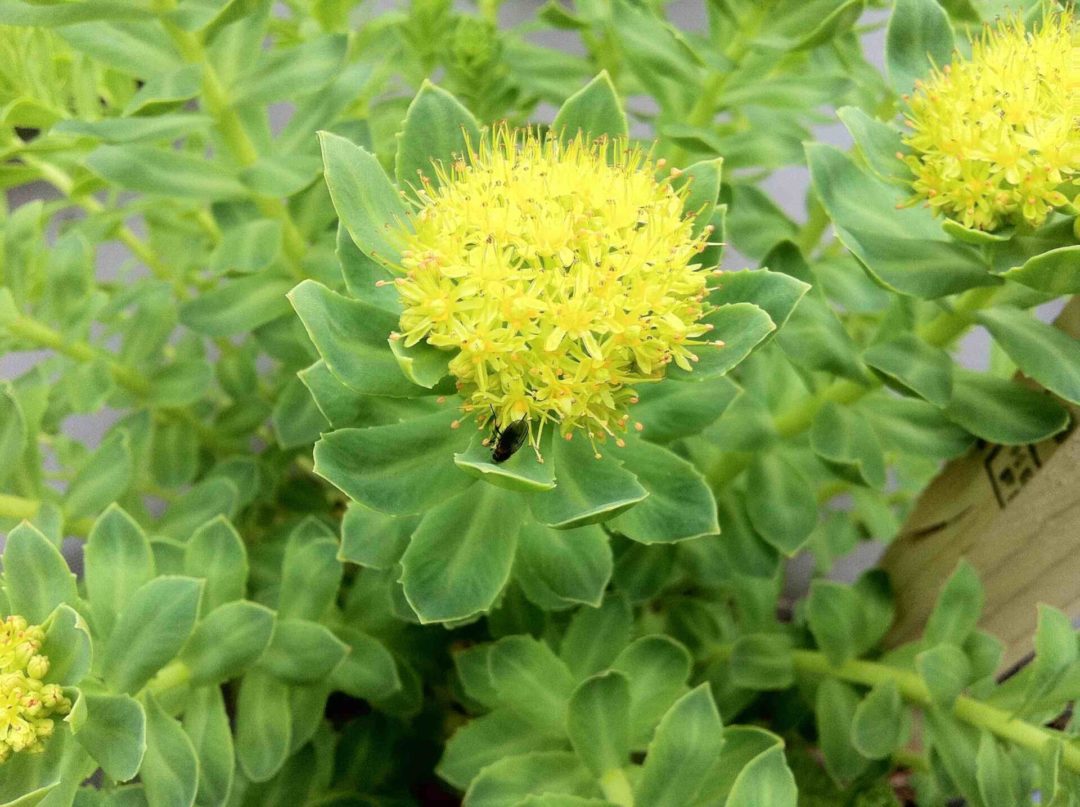San Leandro, CA—As the American Herbal Products Association (AHPA) has highlighted, all species of Rhodiola spp. have been added to the list of botanicals that the Convention on International Trade in Endangered Species of Wild Fauna and Flora (CITES) controls for international trade. The botanical is considered to be in danger of over harvesting, and therefore requires proper permits to trade. The listing includes CITES annotation #2: “All parts and derivatives except: a) seeds and pollen; and b) finished products packaged and ready for retail trade.” This listing went intoeffect on February 23, 2023.
Stressing the significance of this, Wilson Lau, President of TCM ingredients supplier Nuherbs, noted that this listing is an important and necessary measure, but will greatly impact the supply chain. "Only a small portion of this herb is cultivated and it requires multiple years to cultivate before it’s ready to harvest," Wilson told WholeFoods Magazine in the feature article Stressed? Tired? Enter Adaptogens. He noted that some herbalists are starting to reformulate products that contain Rhodiola to replace it with something that has similar activity but is not being over harvested.
Just prior to the February 23 date, Wilson issued a statement offering a clear picture of the issue: "There are 58 species of Rhodiola, with the most commonly traded being Rhodiola rosea and Rhodiola crenulata. Most Rhodolia is wildcrafted, so due to the long growing time of these plants amid increased interest in them, a listing was necessary to keep it from being harvested to extinction. According to the U.S. Fish and Wildlife Service, the import of Rhodiola extracts is the equivalent of 90,000-300,000 kgs of herbal material annually to just the U.S. alone. Brands that use Rhodiola in their products should immediately start working out how they and/or their ingredient supplier will comply with CITES. Its listing date of February 23 will complicate things. Rhodiola is typically harvested in the fall, but the February listing date means that all the previously harvested Rhodiola already in the marketplace will have to transition to CITES."
CITES resources
"For those unfamiliar with CITES, the AHPA recently did a great webinar on CITES, called CITES Impact On Your Supply Chain that is quite informative and discusses a lot of the consequences of Rhodiola listing on CITES," Wilson shared. "If you aren’t familiar with CITES, AHPA has a detailed primer on CITES. I strongly recommend these resources as a good place to start in complying with this requirement.”
AHPA's webinar provided background information on CITES, as well as detailed information about the new additions to the CITES Appendices and the new source code. The webinar is available to access on demand. In addition, the updated CITES Primer is available for AHPA members to download from the Guidance Documents page on the AHPA website at no cost, and is provided as a handout included with paid on-demand access to the webinar for both members and non-members. AHPA explained that the document helps provide understanding of the processes and practices that must be followed to be in compliance with CITES requirements when importing and exporting CITES-listed species.










